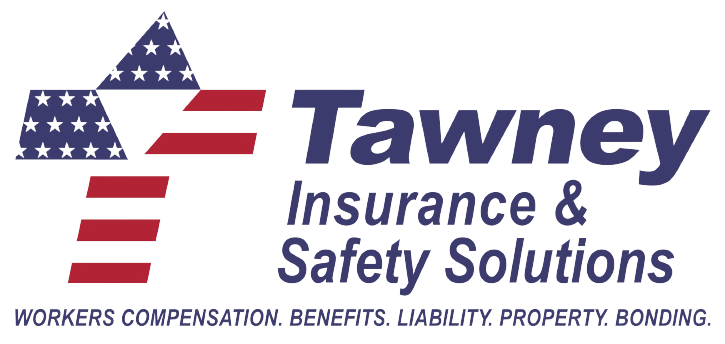Job Site Housekeeping: Preventing Hazards and Promoting Safety
Good housekeeping isn't just about appearances. It's a critical component of workplace safety that helps prevent accidents and creates a more efficient work environment. At Tawney, we see firsthand how proper housekeeping practices reduce injuries and boost productivity.
Why Job Site Housekeeping Matters
Job site housekeeping directly impacts safety outcomes. According to the Bureau of Labor Statistics, slips, trips, and falls account for nearly 27% of nonfatal workplace injuries resulting in days away from work. Many of these incidents stem from poor housekeeping practices.
When materials, tools, and debris are scattered across work areas, they create what our safety experts call "traps"—hazards that can cause serious injuries when least expected.
Common Job Site Housekeeping Issues
Trip hazards from scattered materials, tools, or debris
Slip hazards from spills or weather conditions
Falling object hazards from improperly stored items
Fire hazards from accumulated combustible materials
Blocked exits or pathways limiting emergency evacuation routes
5 Essential Job Site Housekeeping Practices
Conduct daily clean-up sessions: Allocate 10-15 minutes at the end of each shift for cleanup
Create designated storage areas: Establish specific locations for tools, materials, and equipment
Address spills immediately: Clean up spills as soon as they occur to prevent slip hazards
Manage cords and hoses: Route them away from walkways or cover them appropriately
Dispose of waste properly: Maintain adequate waste containers and empty them regularly
Beyond the Basics
Effective housekeeping goes beyond basic cleanup. Consider implementing these practices:
Job site zoning: Designate specific areas for different activities
Color-coding systems: Use visual management to identify proper storage locations
Regular inspections: Schedule formal housekeeping audits
Employee involvement: Rotate housekeeping responsibilities among team members
Recognition programs: Acknowledge teams maintaining excellent housekeeping standards
Housekeeping as Risk Management
Proper housekeeping is a fundamental aspect of risk management. Our safety professionals provide comprehensive job site assessments and tailored training programs to help your team establish effective housekeeping practices. We don't just identify issues, we develop practical solutions that fit your specific operations.
This newsletter is part of our Total Risk Management approach, combining hands-on safety consulting with unbiased insurance guidance to ensure you reduce both job site and financial risks.
